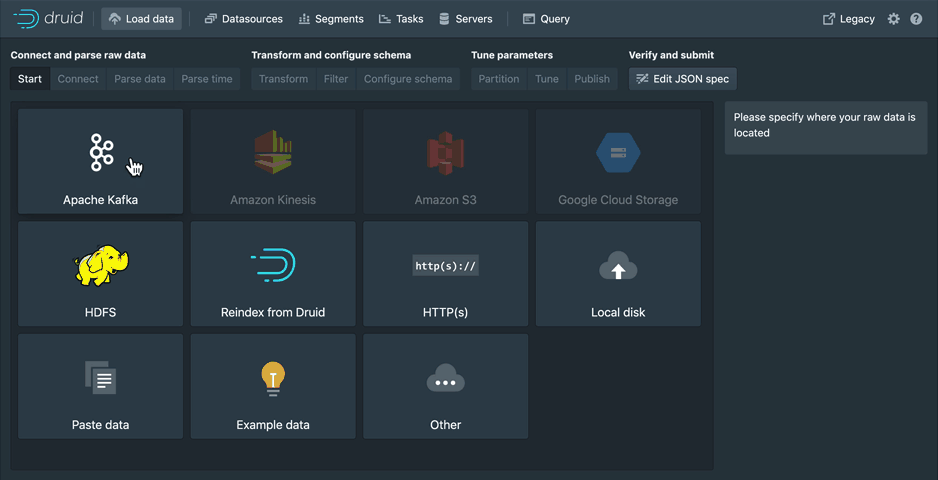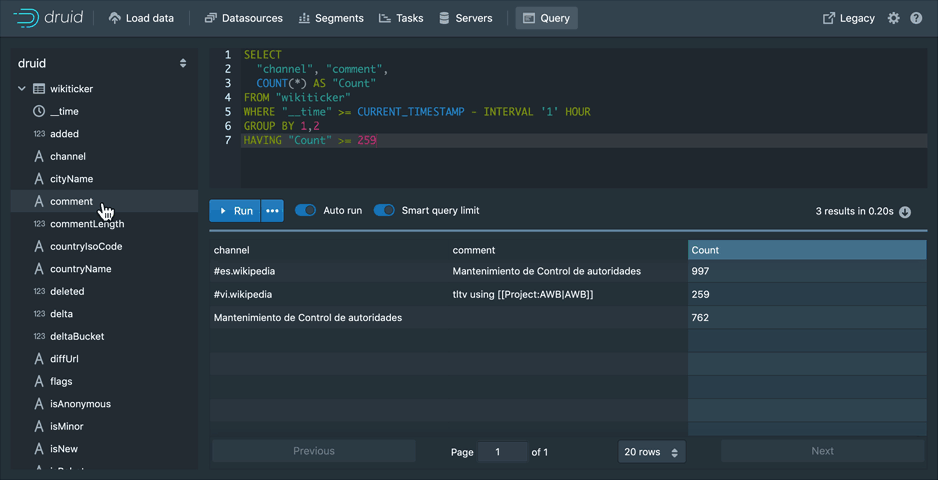Fixes #12022 ### Description The current implementations of memory estimation in `OnHeapIncrementalIndex` and `StringDimensionIndexer` tend to over-estimate which leads to more persistence cycles than necessary. This PR replaces the max estimation mechanism with getting the incremental memory used by the aggregator or indexer at each invocation of `aggregate` or `encode` respectively. ### Changes - Add new flag `useMaxMemoryEstimates` in the task context. This overrides the same flag in DefaultTaskConfig i.e. `druid.indexer.task.default.context` map - Add method `AggregatorFactory.factorizeWithSize()` that returns an `AggregatorAndSize` which contains the aggregator instance and the estimated initial size of the aggregator - Add method `Aggregator.aggregateWithSize()` which returns the incremental memory used by this aggregation step - Update the method `DimensionIndexer.processRowValsToKeyComponent()` to return the encoded key component as well as its effective size in bytes - Update `OnHeapIncrementalIndex` to use the new estimations only if `useMaxMemoryEstimates = false`
druid.sql.planner.useGroupingSetForExactDistinct in common.runtime.properties (#12182)
Website | Documentation | Developer Mailing List | User Mailing List | Slack | Twitter | Download
Apache Druid
Druid is a high performance real-time analytics database. Druid's main value add is to reduce time to insight and action.
Druid is designed for workflows where fast queries and ingest really matter. Druid excels at powering UIs, running operational (ad-hoc) queries, or handling high concurrency. Consider Druid as an open source alternative to data warehouses for a variety of use cases. The design documentation explains the key concepts.
Getting started
You can get started with Druid with our local or Docker quickstart.
Druid provides a rich set of APIs (via HTTP and JDBC) for loading, managing, and querying your data. You can also interact with Druid via the built-in console (shown below).
Load data
Load streaming and batch data using a point-and-click wizard to guide you through ingestion setup. Monitor one off tasks and ingestion supervisors.
Manage the cluster
Manage your cluster with ease. Get a view of your datasources, segments, ingestion tasks, and services from one convenient location. All powered by SQL systems tables, allowing you to see the underlying query for each view.
Issue queries
Use the built-in query workbench to prototype DruidSQL and native queries or connect one of the many tools that help you make the most out of Druid.
Documentation
You can find the documentation for the latest Druid release on the project website.
If you would like to contribute documentation, please do so under
/docs in this repository and submit a pull request.
Community
Community support is available on the druid-user mailing list, which is hosted at Google Groups.
Development discussions occur on dev@druid.apache.org, which you can subscribe to by emailing dev-subscribe@druid.apache.org.
Chat with Druid committers and users in real-time on the Apache Druid Slack channel. Please use this invitation link to join and invite others.
Building from source
Please note that JDK 8 is required to build Druid.
For instructions on building Druid from source, see docs/development/build.md
Contributing
Please follow the community guidelines for contributing.
For instructions on setting up IntelliJ dev/intellij-setup.md







